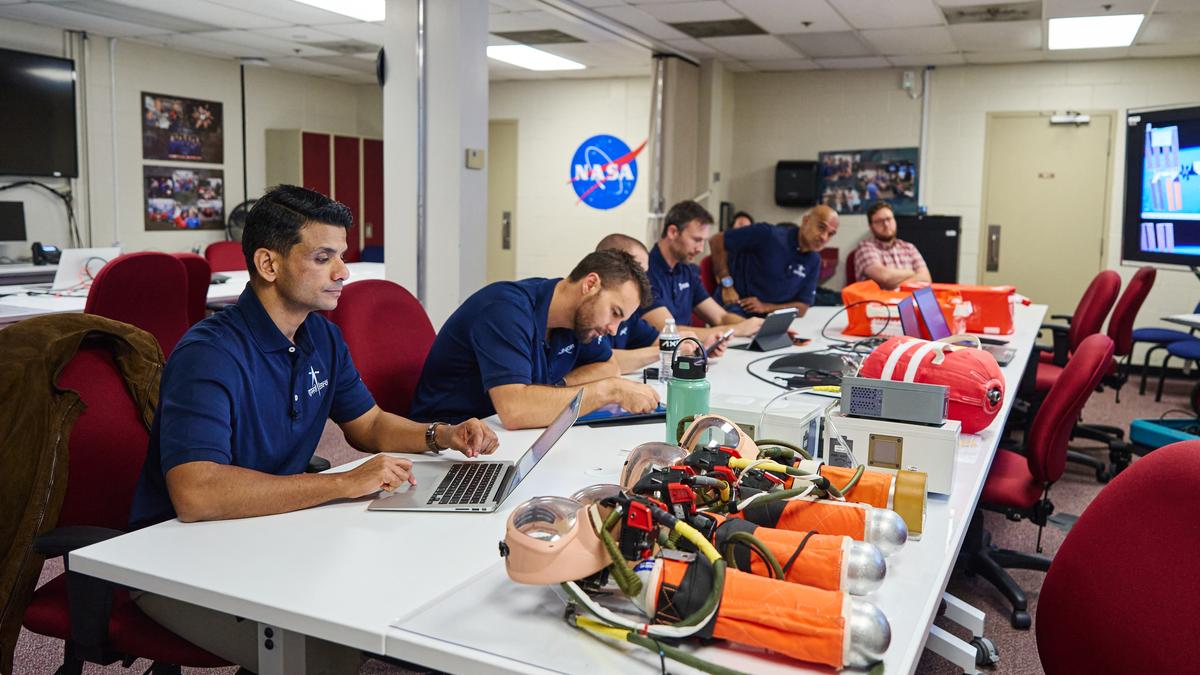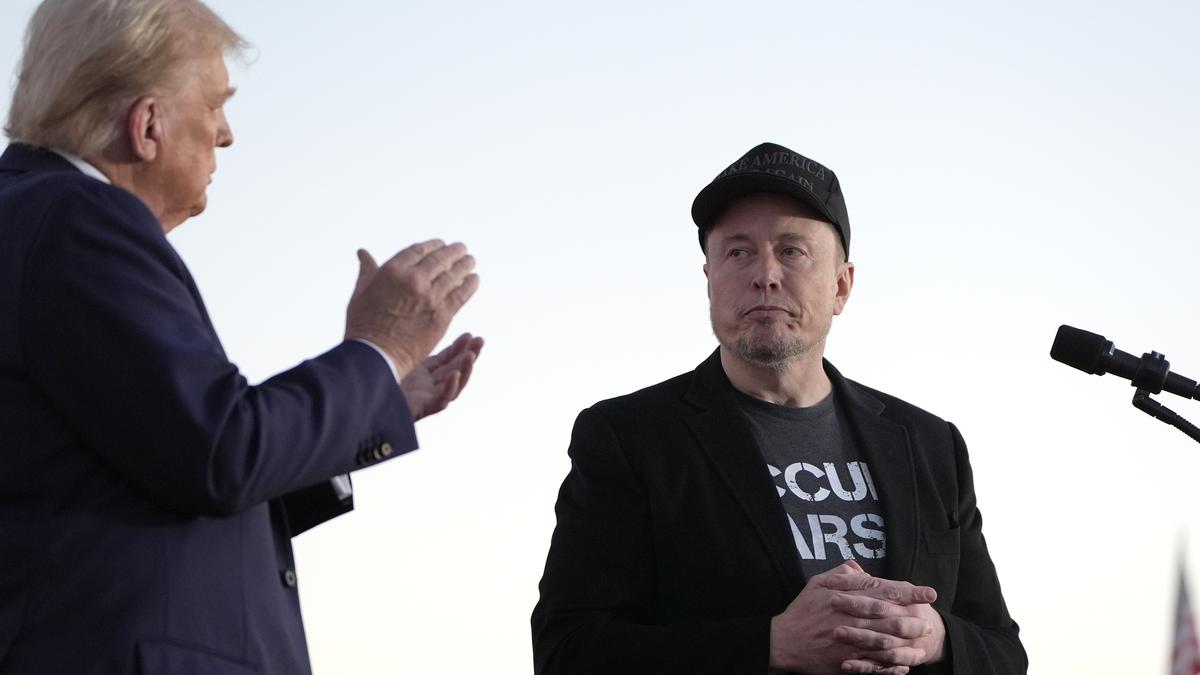On the last day of their visit to the U.K., the all-party delegation of parliamentarians from India, led by Rajya Sabha MP Ravi Shankar Prasad, met Speaker of the House of Commons, Lindsay Hoyle, in an attempt to sensitize lawmakers to India’s experience of cross-border terror from Pakistan, including the April 22 Pahalgam attack and its response via Operation Sindoor. Over the last three days, the delegation had met with civil society, think tank and diaspora members, in addition to junior ministers.

Members of the multi-party delegation, comprised of male and female MPs from different religions, regions and parties, said that those they had met in Britain were receptive to India’s concerns and sympathetic its situation. However, tangible policy shifts appeared to be elusive for now, with the delegation aiming to shift opinion and not expected to directly impact policy. Several members of the delegation suggested that those conversations would and do occur at the bureaucratic or ministerial level.

At a media briefing at the Indian High Commission in London, on Tuedsay (June 3, 2025), Mr Prasad outlined the history of conflict between India and Pakistan and India’s economic prospects, contrasting these with Pakistan’s trajectory. He listed some of the terrorists Pakistan had harboured including Osama bin Laden (who was killed by U.S. forces in 2011). Speaking to journalists, Mr Prasad said the killer of Wall Street Journal reporter Daniel Pearl had been killed in India’s Operation Sindoor strikes.

“The world needs to speak with one voice” and Pakistan should be made to pay for sponsoring terrorism, Mr Prasad said, adding that getting to this outcome was the purpose of the visit. He suggested that funding from Pakistan (such as from the International Monetary Fund or IMF) was going towards weapons purchases rather than poverty alleviation.
“We are invoking the human spirit of all democratic countries and we trust in that spirit of human rights, civilized conduct…” , said Mr Prasad , in response to a question from The Hindu on whether U.K. lawmakers had committed to policy responses and whether India had used any leverage to elicit a change in response.
“Remember, we are parliamentarians…”, Mr Prasad said, adding that there were other exchanges between the prime ministers and foreign ministers of India and the U.K.
The delegation’s interlocutors on the British side were familiarized with Pakistan’s terror infrastructure “where the distinction between the military leadership and the terror network is no more in existence”, according to Mr Prasad.
Asked about U.S. President Donald Trump’s claim that he had helped to end the round of hostilities between India and Pakistan, and that trade deals were involved, Mr Prasad demurred.
“ I don’t wish to join issue with him, except to reiterate that Vice President [ J.D.] Vance also talked to our Prime Minister, the [ U.S.] Secretary of State talked to our foreign minister. It was conveyed [ that] it is a bilateral issue. Pakistan must stop,” he said.
The majority of World Bank and IMF assistance to Pakistan goes to China for the purchase of weapons, Mr Prasad said, adding that India was engaged in a dialogue with China to explain that weapons sold to Pakistan were being used for terrorism, not conventional war.
Mr Prasad expressed confidence that China would understand that its investments and projects in Pakistan were getting disturbed because of extremism and radicalisation.
The legislators on both sides had a “good freewheeling conversation”, said Pankaj Saran, who was part of the delegation and formerly Deputy National Security Advisor and Ambassador to Russia.
The conversation had a “ single point agenda of Pahalgam and the Indian response” Mr Saran said.
During their conversations, they did not hear attempts to link the Kashmir issue to terrorism, as per Mr Saran.
“No one sat us down and said, ‘Listen, you know, you have some problems. Please solve them if you want to address terrorism’”, he said, adding,
“ It’s a big change.”
However, some experts feel that the timing may be challenging for a global consensus on Pakistan’s relationship to terrorism.
“The reality is that for the US, for the UK, for France and for Germany, this is not the global priority. They have other things to think about … Russia, Ukraine, Middle East, Gaza, Africa , China,” said Rahul Roy-Chaudhury, who heads the South and Central Asian Defence, Strategy and Diplomacy program at IISS, a think-tank. While terrorism and radicalisation are important areas for the U.K., Mr Choudhury says they are not the top few security concerns right now.
There is also the risk of “re-hyphenating with Pakistan” , as per Mr Choudhury, and while other countries may lend India a sympathetic ear, they could also say, “It’s your [ India’s] fight.”
The group met the All-Party Parliamentary Group (APPG India) on Tuesday afternoon.
“The Co-Chairs Lord [ Karan ] Bilimoria and Jeevun Sandher expressed unequivocal condemnation of terrorist attack on behalf of APPG India and expressed solidarity with India,” said delegate and Shiv Sena Rajya Sabha MP Priyanka Chaturvedi.
The group departed for Brussels on Monday afternoon for discussions with the European Union institutions.
Published - June 03, 2025 11:04 pm IST

 3 days ago
3
3 days ago
3








 English (US) ·
English (US) ·